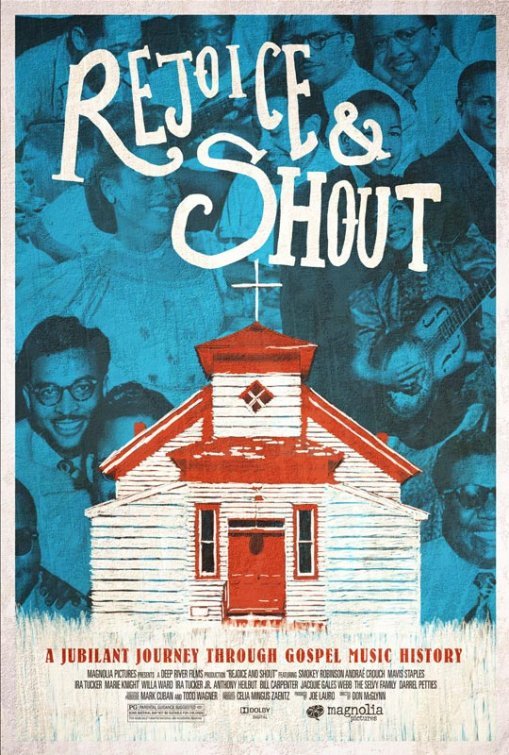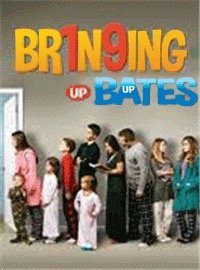
By Kayla DeKraker
Christian rock band Skillet recently sparked controversy with their first-ever Christmas single: a heavy, emotionally raw rendition of the hymn “O Come, O Come Emmanuel.”
The single released this month, and the track shot to No. 1 on the iTunes rock and Christmas charts and cracked the top five across all genres.
Not everyone is celebrating the new song, though.
On social media, some people condemned the song as “demonic,” claiming it sounds like something “the devil” would produce if he sang hymns. These reactions stem largely from a dramatic shift in style midway through the song where it erupts into pounding drums, low-tuned guitars and heavy riffs.
https://www.instagram.com/reel/DRFHC9dkc6a/
Church Leaders reported, “the message of the song — and the band’s message for Christmas — is rooted in hope despite the evil in the world and that Christ has come, Christ is present, and Christians are called to shine light, speak truth, and love even their enemies.”
One user on X reportedly said of the song, “If the Bible is true, music like this will be banned during the Millennium. This does NOT give glory to God at all. If the Devil sang hymns, and sometimes he does, this is what it would sound and look like. Watching with sound off really drives this point home.”
But backlash about Skillet’s rock music being somehow “demonic” is nothing new to founding member John Cooper.
“I’m not angry or even offended by those who believe my music is somehow satanic,” he told Church Leaders.
“Perhaps it’s because I grew up with godly parents who believed that rock music was inherently from the devil. I was taken to Bill Gothard seminars and preached to about the evils of Christian rock profusely.” Cooper said that his parents were “were just doing what they believed was right because they loved me and wanted to protect me.”
Cooper said that if anything, this inspires him to make more music.
“I assume that those who criticize Skillet have the same motive, and I assume they are brothers. But I do wish they could hear the stories of how God has used our music to bring the light and hope of the gospel into broken lives, and it is because of the call of the Lord that I easily ignore these voices. They don’t slow me down, they ramp me up,” he said.
In a separate post to X, Cooper thanked those who have supported him and his band amid the controversy.
“Controversy!! To all our supporters, thank you! So many of my friends have had our backs. I love and appreciate you. To my critics, I love you too,” he said.
“O’ Come O’ Come Emmanuel” first began as an Anglican hymn in 1851 which became apart of The Church of England’s official hymnal in 1861. It originated from a poem written around 150 years prior.
While Skillet’s “O Come, O Come Emmanuel” might not be for everyone, their version reaches an audience who wouldn’t otherwise hear the story of Jesus’ birth.
Read Next: Skillet Wants New Album to Spark ‘A Spiritual Revolution.’ It Starts With Love.
Questions or comments? Please write to us here.


 - Content:
- Content: 
